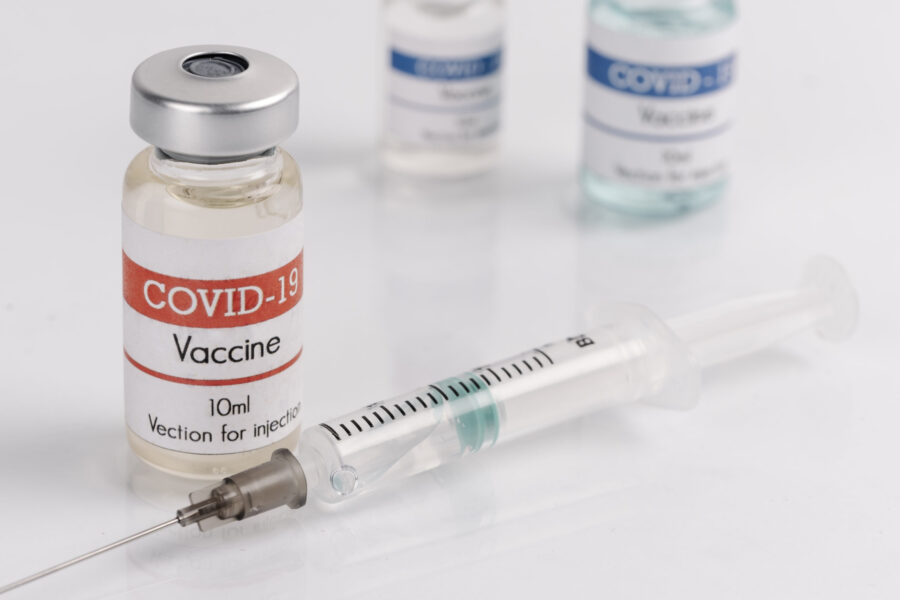Yes, the vaccine works — and here’s all the more reason why
By Emily Kim
Three recent studies have reaffirmed the effectiveness of the Pfizer/BioNTech and Moderna vaccines. One study published on April 2nd in the CDC’s Morbidity and Mortality Weekly Report indicates that the Pfizer/BioNTech and Moderna vaccines are 90% effective against COVID-19. The study focused on 3,950 essential workers, health care personnel, and first responders in eight areas of the US, tracking any signs of Covid infection from December 14th, 2020 to March 13th, 2021. Roughly 75% of the participants received at least one dose of the Pfizer/BioNTech or Moderna vaccine during this time period, and all participants got tested weekly through self nasal swabbing. In addition, participants actively monitored their symptoms by responding to text messages, emails, and even submitting medical reports.
Researchers found 161 Covid cases among the 944 unvaccinated participants. However, there were only 16 cases among single-dose recipients and two cases among fully vaccinated individuals. Most infections were detected from the weekly testing (58%), but others were found after people developed symptoms and then got tested (42%). Only 10.7% of people who tested positive were asymptomatic.
Researchers concluded that the Pfizer/BioNTech and Moderna vaccines were 90% effective after two doses, and 80% effective two weeks after a single dose. While not designed to assess the effectiveness of each vaccine individually, the results of this study reaffirm the efficacy of these vaccines in curbing Covid infections in real-world situations.
Not only do the vaccines fight off infections well, but they also confer immunity for a substantial period of time. Updated real-world data collected by Pfizer/BioNTech shows that its vaccine is 91.3% effective against COVID-19 for at least six months. This conclusion was based on observations of 927 symptomatic individuals from the Phase 3 trial through March 13th, 2021. Among 927 symptomatic cases, 850 were from the placebo group and only 77 were from the vaccinated group. Researchers also found 32 severe infections (per the CDC’s definition) in the placebo group in comparison to none in the vaccinated group, which demonstrates the vaccine’s 100% efficacy against severe COVID-19. When referencing the FDA’s definition of severe disease, there were 21 cases in the placebo group and only one in the vaccinated group. Researchers also followed up with 12,000 of the over 44,000 Phase 3 trial participants for six months after receiving their second dose, gathering data that “confirm[s] the favorable efficacy and safety profile” of the vaccine.
In addition, it was discovered that the vaccine is 100% effective at preventing Covid infections in South Africa, origin place of the B.1.351 variant. Researchers enrolled 800 participants from South Africa who were separated into a vaccinated group and a placebo group. They found nine Covid cases — six of which were of the B.1.351 variant — within the placebo group only. Nobody who received the vaccine tested positive. The company plans to submit this study to a scientific journal for peer-review and publication.
The Moderna vaccine displayed similar results to its Pfizer/BioNTech counterpart. Researchers led by Nicole Doria-Rose of the U.S. National Institute of Allergy and Infectious Diseases (NIAID) observed 33 early-trial participants for six months after receiving their second dose. They found that “antibody activity remained high in all age groups,” although antibody levels seemed to fall as age increased. Those ages 18 to 55 had antibody levels of over 92,000, but this fell to 62,000 in those ages 56 to 70 and to 49,000 among those 71 and up. However, the most important takeaway is that all participants, regardless of age, “had detectable antibody activity” — across three blood tests — for six months after full immunization. More research surrounding Moderna’s antibody responses beyond six months is underway.
The results from these three studies are encouraging indeed; we can see that the vaccines are working. And as vaccination campaigns, coupled with research, continue full speed ahead, we can have confidence that we will be equipped with the knowledge (and antibodies) to take on a post-pandemic world.






